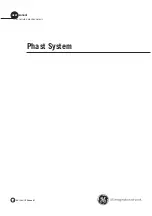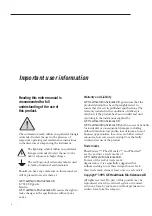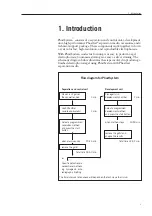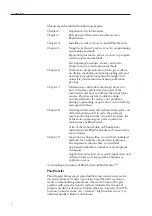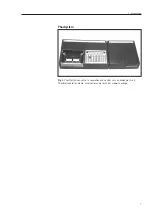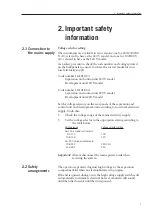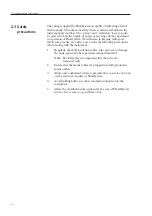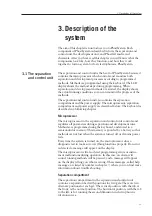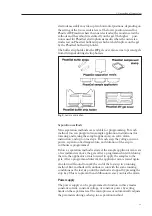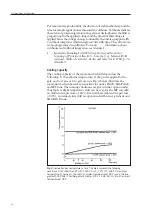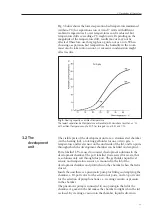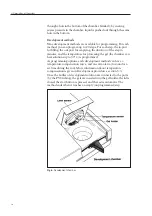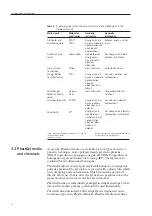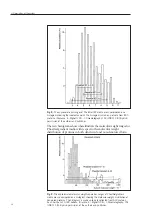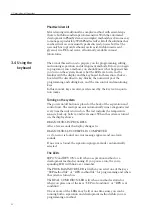Reviews:
No comments
Related manuals for PhastSystem

8009
Brand: Keithley Pages: 36

1200
Brand: Rain-Flo Irrigation Pages: 16

VCL Series
Brand: Vahle Pages: 96

S/5 Aespire
Brand: Datex-Ohmeda Pages: 80

D65
Brand: MacDon Pages: 2

7817
Brand: V-TAC Pages: 6

32500
Brand: R.M. Young Pages: 10
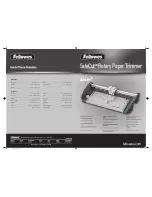
SafeCut Atom
Brand: Fellowes Pages: 20

Spike
Brand: Mackie Pages: 18

SDR24/96
Brand: Mackie Pages: 2

HDR 24
Brand: Mackie Pages: 8

ProFX16
Brand: Mackie Pages: 7

1002
Brand: York Pages: 26

VARIO2 series
Brand: Raytec Pages: 60

PowerGen 5650 Series
Brand: Qnergy Pages: 10

FUSION APOLLO MS-WB675
Brand: Garmin Pages: 18

RS wash
Brand: Rapid Shape Pages: 12

MultiFill 003-561-005
Brand: Hanskamp Pages: 20

